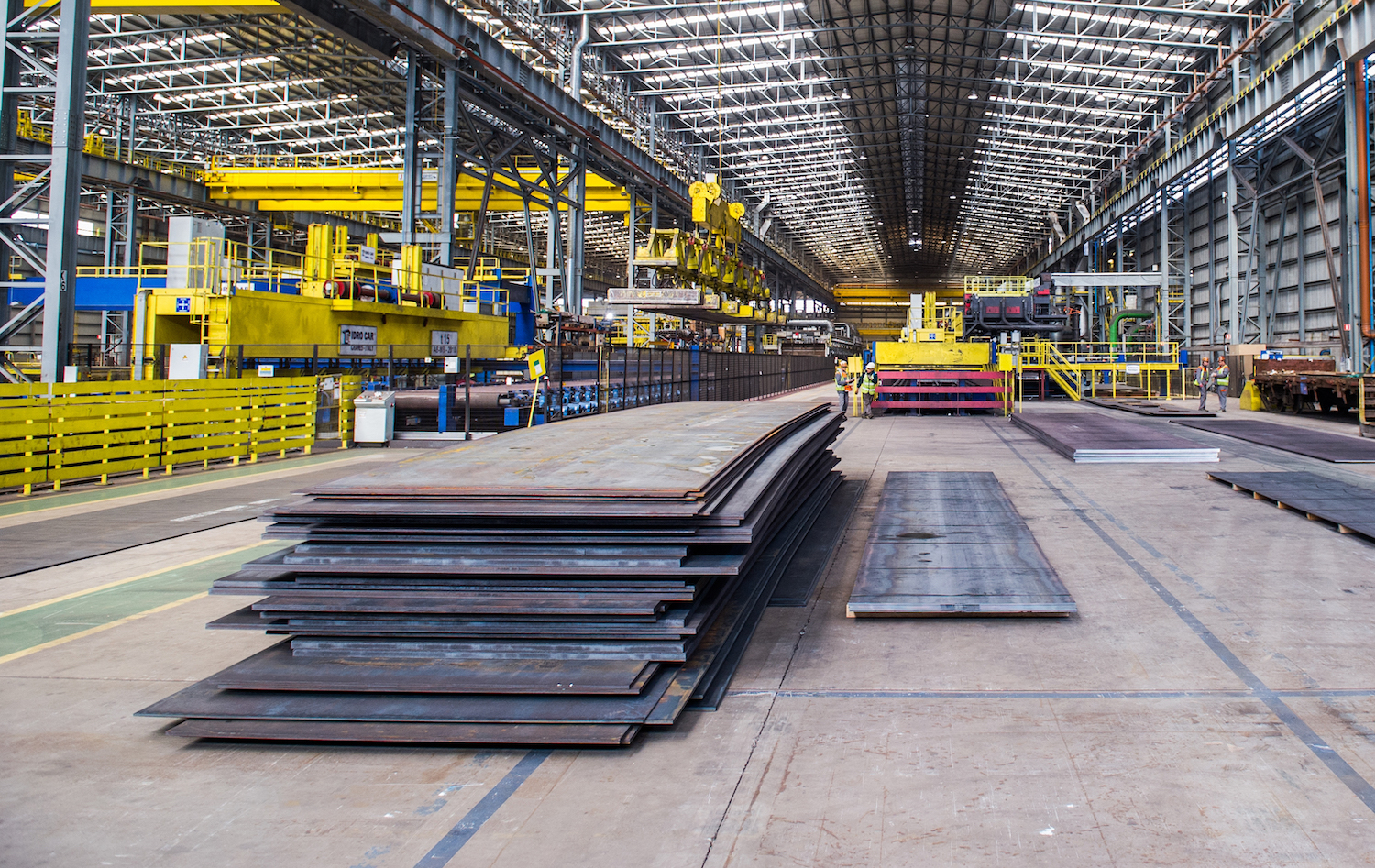The US and EU have reached an agreement to replace the former’s Section 232 tariffs on steel and aluminum with a tariff-rate quota on metals imports from the EU, according to a joint fact sheet Oct. 31.
Under the tariff-rate quota arrangement, historically-based volumes of EU steel and aluminum would enter the US without application of the Section 232 tariffs, according to a Commerce Department statement.
The import tariffs of 25% on steel and 10% on aluminum were introduced by former President Donald Trump in March 2018 using a national security justification under Section 232 of the Trade Expansion Act of 1962.
In addition to moving to a tariff-rate quota, both sides have agreed to expand their coordination involving both trade remedies and customs matters, and to meet regularly to consult and develop additional actions to address non-market excess capacity in these sectors, according to the joint statement.
As a result of the agreement, the EU will suspend the additional duties imposed on US goods and have agreed to suspend the disputes they have initiated against each other regarding the US Section 232 tariffs with the WTO.
In exchange for removing the tariffs, the EU will ensure market-oriented conditions in its market, including through the application of safeguards and other appropriate measures, according to the statement.
Additionally, the US and EU will negotiate further arrangements for trade in the steel and aluminum sectors that take account of both global non-market excess capacity as well as the carbon intensity of these industries. The US and the EU agreed to form a technical working group to enhance their cooperation and facilitate negotiations on these arrangements and will invite like-minded economies to participate in the arrangements, they said.
“The United States looks forward to partnering with other trading partners and key stakeholders to address the common global challenge of steel and aluminum excess capacity,” the White House said in a statement.
The US is consulting closely with Japan on bilateral and multilateral issues related to steel and aluminum, with a with a focus on the impacts of overcapacity on the global steel and aluminum markets, the need for like-minded countries to take collective action to address the root causes of the problem, and the climate impacts of the sectors, Commerce said in a statement Oct. 31.
— Justine Coyne






